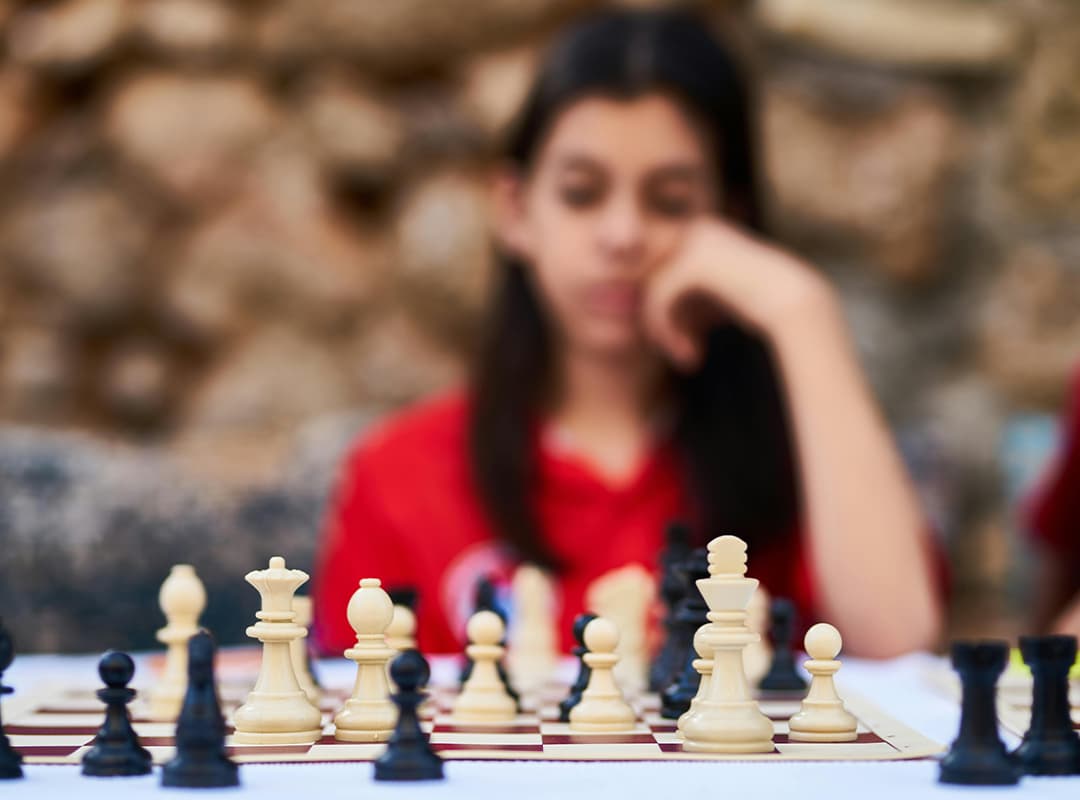Every chess player, regardless of skill level, experiences losses. While losing can be disheartening, it presents a unique opportunity for growth and improvement. By analyzing lost games, players can identify their weaknesses and refine their strategies for future matches. This article will discuss effective methods for reviewing your losses and highlight how tools like the chess next move calculator can assist in this process.
The Importance of Analyzing Lost Games
When you lose a game, it can be tempting to dismiss the experience or focus solely on the outcome. However, analyzing the details of your lost games can provide invaluable insights into your playing style, decision-making process, and areas for improvement. By carefully reviewing your moves and considering your opponent’s strategies, you can identify patterns that lead to mistakes and ultimately help you become a stronger player.
Steps to Analyze Your Lost Games
- Review the Game Immediately: After a loss, take some time to review the game while the details are still fresh in your mind. Go through the moves one by one and try to understand what went wrong. Look for critical moments where you felt uncertain or made impulsive decisions.
- Focus on Key Mistakes: As you review the game, identify specific moves that you believe were mistakes. Did you overlook a tactical opportunity? Were you too aggressive or too passive? Highlight these key moments for deeper analysis later.
- Use Tools for Analysis: Utilizing tools like the chess next move calculator can provide insights into potential moves you missed during the game. These calculators allow you to input your position and receive suggestions for alternative moves, helping you understand more optimal strategies. This can also highlight how you could have better navigated critical positions.
- Check Against Opening Principles: Review the opening moves of your game and see if you adhered to fundamental opening principles, such as controlling the center, developing your pieces, and ensuring king safety. If you deviated from these principles, note how it impacted your overall position.
- Seek Feedback: If possible, discuss your game with a stronger player or coach. They may offer valuable perspectives and point out weaknesses that you might not have noticed. Sometimes, an external viewpoint can shed light on recurring issues in your playstyle.
Identifying Patterns in Your Play
As you analyze multiple lost games, look for recurring themes or patterns in your mistakes. Perhaps you struggle with time management, leading to rushed decisions, or you might find that you frequently falter in the endgame. Identifying these trends is essential for addressing them in your practice.
For example, if you notice that you often lose track of your opponent’s threats, you can make a conscious effort to improve your situational awareness during games. If your losses primarily occur in the middle game, consider dedicating more time to studying typical middle-game strategies and tactics.
Implementing Changes Based on Analysis
Once you’ve identified your weaknesses, it’s crucial to develop a plan for improvement. This could involve:
- Focused Practice: Create practice sessions that target your identified weaknesses. For instance, if you struggle with endgames, set aside time to study and practice various endgame scenarios.
- Studying Resources: Invest in books, online courses, or videos that address your specific areas of concern. Many resources are tailored to common pitfalls, offering strategies and insights to help you overcome these challenges.
- Regular Self-Assessment: After implementing changes, continue to analyze your games regularly. Keep track of your progress and see if your weaknesses are improving. This ongoing assessment will help reinforce good habits and prevent old patterns from resurfacing.
Analyzing lost games is a powerful tool for any chess player aiming to improve their skills. By methodically reviewing your losses, identifying mistakes, and leveraging tools like the chess next move calculator, you can gain valuable insights into your weaknesses and develop strategies to overcome them.
Remember that every loss is an opportunity to learn and grow. Embrace the process of self-improvement, and don’t shy away from your mistakes. With dedication and focused practice, you can transform your weaknesses into strengths and enhance your overall performance on the chessboard. Keep analyzing, keep learning, and watch your game flourish!



